
Iceland Cancels Whaling Season, Spares Hundreds of Fin Whales in 2025

Iceland’s Silent Seas: The Harpoons Fall Quiet as a Nation Rethinks Its Past
For the second year in a row, Iceland’s icy northern seas will echo not with the thunder of harpoons, but with the songs of whales left undisturbed. The nation’s last remaining whaling company, Hvalur hf., has announced it will forgo the 2025 fin whale hunting season, marking a watershed moment in Icelandic history—one that conservationists hope will become a permanent chapter rather than a temporary pause.
Once a symbol of national identity and maritime resilience, Iceland’s whaling industry now stands as a relic of a fading era—its ships docked, its harpoons idle, its economic rationale eroded by the very markets that once sustained it. The suspension is more than a moral victory; it is a reflection of shifting currents—economic, cultural, and ethical—that are redefining what it means for Iceland to be a “nation of the sea.”
Where once whales were harvested to feed communities and fuel economies, they are now safeguarded as icons of ecological balance and global responsibility. The end of the 2025 whaling season thus represents not merely a business decision, but a moral reckoning—a moment when heritage meets humanity, and an old industry confronts the changing conscience of a new age.
A Tradition at a Crossroads
Hvalur hf., helmed by the octogenarian industrialist Kristján Loftsson, has long been the beating heart of Iceland’s whaling legacy. Founded by his father in the mid-20th century, the company revived large-scale commercial whaling when Iceland resumed the practice in 2006—defying the 1986 global moratorium that banned it. For decades, it stood alongside Norway and Japan as one of the last defenders of the trade.
But by 2025, even Loftsson conceded that the numbers no longer added up. “The price of our products is now so low that it is not justifiable to hunt,” he told Icelandic media, pointing to soaring storage and shipping costs. His statement carried the weight of resignation.
The Japanese market—the only remaining buyer of Icelandic whale meat—had withered. Once a cultural staple, whale meat consumption in Japan has collapsed, replaced by ambivalence and ethical unease. Even government attempts to revive the market through subsidies, vending machines, and school lunch programs failed to reverse the trend. Today, frozen whale meat languishes in warehouses or is repurposed for pet food, a far cry from its former prestige.
For Hvalur hf., the financial tides proved impossible to resist. Iceland’s government had technically authorized the hunting of over 400 whales annually through 2028, but in practice, permits mean little when profit evaporates. What years of activism and diplomatic pressure could not achieve, market forces accomplished with brutal efficiency.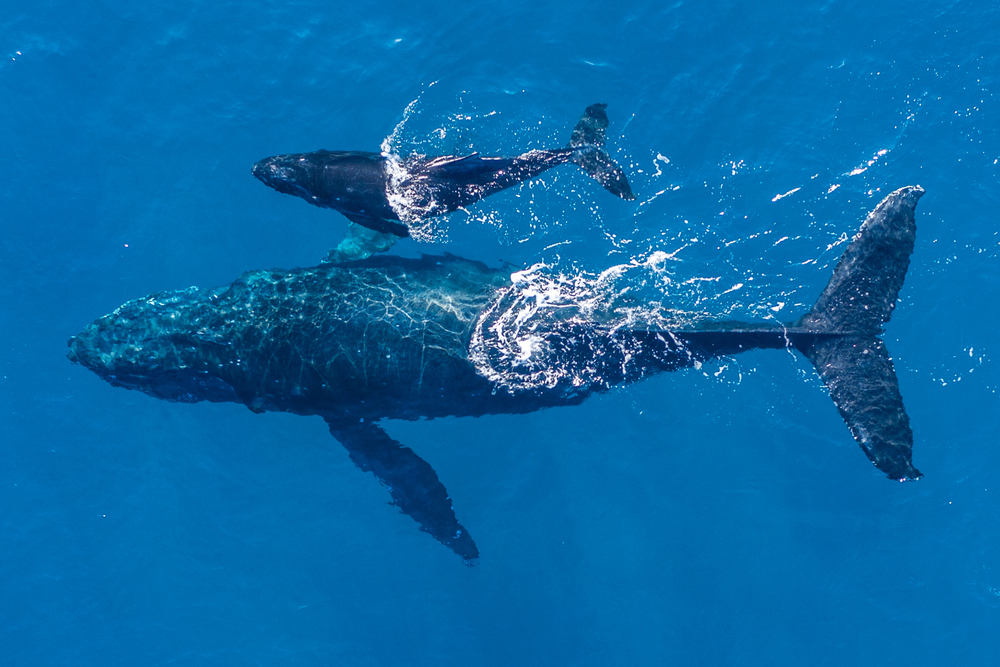
The Economics That Sank the Harpoon

The demise of Iceland’s whaling industry is, at its core, an economic story dressed in moral consequence. For decades, commercial whaling survived on the assumption that demand justified destruction. But the data reveal the opposite: Japan’s whale meat consumption has plunged by more than 90% since the 1960s, and younger generations increasingly see the practice as outdated or unethical.
Without Japan, Iceland’s whaling economy imploded. In recent years, the costs of maintaining ships, crews, and processing facilities far outweighed the diminishing returns from sales abroad. By 2024, Hvalur’s operations were bleeding money.
Environmentalists have noted the irony: capitalism—not compassion—may have delivered the fatal blow. As Sue Fisher of the Animal Welfare Institute observed, “The whaling industrial complex is a sinking ship.” Yet this irony carries a hopeful subtext: that economics and ethics can sometimes align, steering society toward sustainability not by decree, but by evolution.
A Nation Divided: Heritage vs. Humanity

While the world applauds Iceland’s retreat from whaling, the domestic mood is conflicted. In coastal towns such as Akranes, where Hvalur’s operations provided steady employment, the cancellation of the 2025 season feels like a loss of livelihood as much as a moral turning point.
The Verkalýðsfélag Akraness labor union estimated that each whaling season injected around 1.2 billion ISK (roughly $9 million) into the local economy. “This is a big blow to our members,” said union leader Vilhjálmur Birgisson. “These are families who depend on this work.”
Still, the national sentiment has shifted dramatically. A 2024 survey by the Iceland Nature Conservation Association found that most Icelanders now believe whaling damages the country’s global reputation more than it benefits the economy—a complete reversal from attitudes two decades ago. The divide is generational: older Icelanders see whaling as a symbol of resilience, while younger citizens—raised on eco-tourism and climate awareness—view it as a moral anachronism.
Politically, the issue remains volatile. When Minister of Fisheries Svandís Svavarsdóttir suspended the 2023 hunting season after a report revealed whales were suffering prolonged deaths, public outrage reached new heights. Footage of a fin whale taking five hours to die circulated globally, branding the practice as inhumane. The ban was later lifted under industry pressure, but the public’s conscience had already shifted.
Now, with economics forcing Hvalur’s hand, that shift may finally solidify into permanence.
From Harpoons to Binoculars: The Rise of Whale Watching
As one industry fades, another flourishes. Whale watching has become one of Iceland’s fastest-growing and most profitable tourism sectors—a transformation that mirrors the country’s broader embrace of environmental stewardship.
Towns like Húsavík, known as the “whale watching capital of Europe,” now attract hundreds of thousands of visitors each year. In 2023 alone, over 350,000 tourists embarked on whale-watching expeditions, generating far greater revenue than commercial whaling ever did.
The shift from harpoons to cameras reflects more than an economic substitution; it signals a moral and ecological awakening. Live whales are now worth far more than dead ones—both financially and symbolically. As economist Dr. Einar Gylfason notes, “A living whale can earn Iceland hundreds of times what a dead one ever could.”
Whales also play an essential ecological role: their feeding and migration patterns help circulate nutrients, supporting plankton blooms that sustain entire marine food chains. Protecting them doesn’t just protect a species—it safeguards the health of the oceans themselves.
A Turning Tide for Global Whaling

Iceland’s decision has global reverberations. Of the three nations that still permit commercial whaling—Iceland, Japan, and Norway—only the latter two plan active hunts in 2025. Japan’s company Kyodo Senpaku intends to kill up to 269 whales, while Norway’s quota exceeds 1,000 minke whales. Yet both countries face shrinking domestic markets and mounting condemnation abroad.
International conservation organizations have hailed Iceland’s retreat as a watershed moment. The International Fund for Animal Welfare called it “a victory for both whales and Iceland’s future,” while the Humane Society International urged the government to make the suspension permanent.
Environmental groups within Iceland echo that sentiment. IceWhale and the Icelandic Nature Conservation Association view the 2025 decision as an opportunity to redefine Iceland’s global image—from a defiant whaling nation to a leader in ocean conservation.
Still, uncertainty lingers. The country’s whaling licenses technically remain valid through 2029, leaving the door open for a potential revival. Yet few believe the industry can recover. The forces that halted the hunt—economic collapse, ethical opposition, and international pressure—are unlikely to reverse.
As Robert Read of Sea Shepherd UK put it: “If whaling can’t be done humanely in Iceland, it can’t be done humanely anywhere.”
The End of an Era—and the Beginning of Something New
Iceland’s decision to suspend whaling in 2025 marks more than a pause; it signifies the end of a centuries-old chapter in human history. Once an emblem of survival and mastery over nature, whaling now stands as a monument to how humanity’s conscience can evolve.
The whales spared this year will never understand the debates, the protests, or the economics that saved them. But their survival tells a larger story—of a civilization learning to listen rather than dominate, to coexist rather than consume.
As Iceland embraces renewable energy, sustainable fisheries, and eco-tourism, it is emerging as a model for ocean stewardship in a warming world. Protecting whales is not merely symbolic—it reflects a deeper truth: the health of the sea is the health of humanity.
The silence in Iceland’s harbors this summer is more than the absence of industry. It is the sound of transformation—a nation turning from extraction to preservation, from tradition to transcendence.
Whether this marks the definitive end of Icelandic whaling remains to be seen, but one truth already feels inevitable:
the tides of history have turned, and with them, humanity’s understanding of its place in the living ocean.
News in the same category


6 Telltale Signs You’re Dealing with a Hypocrite
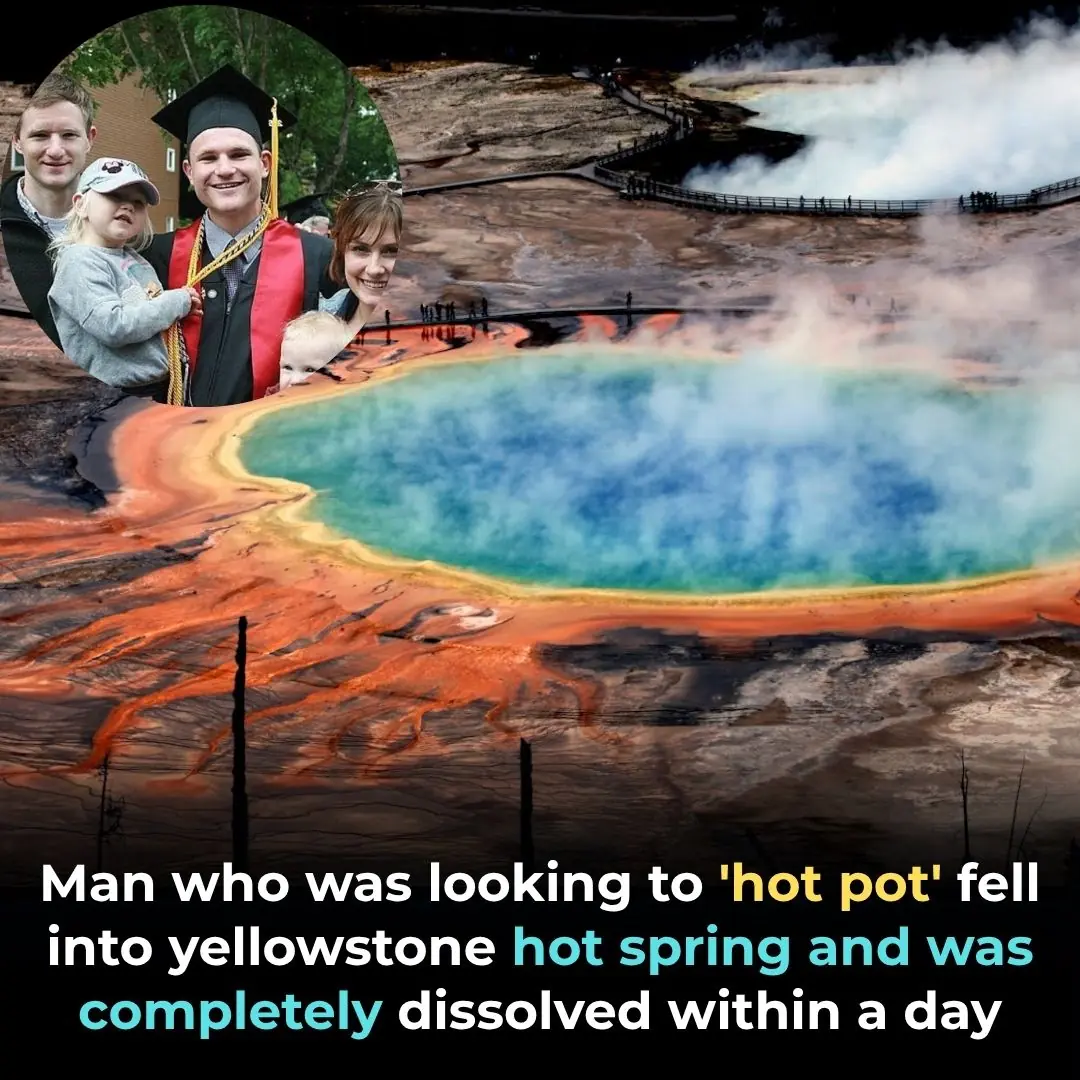
Tragic Yellowstone Hot Spring Accident: Man Dissolved in Hours

The Body’s Intuition: Signs of an Impending End

The Shoes You Pick Reveal What Kind of Woman You Are

Stop This Spider From Entering Your Home

Why We Can’t Sleep Without a Blanket Even on Hot Nights
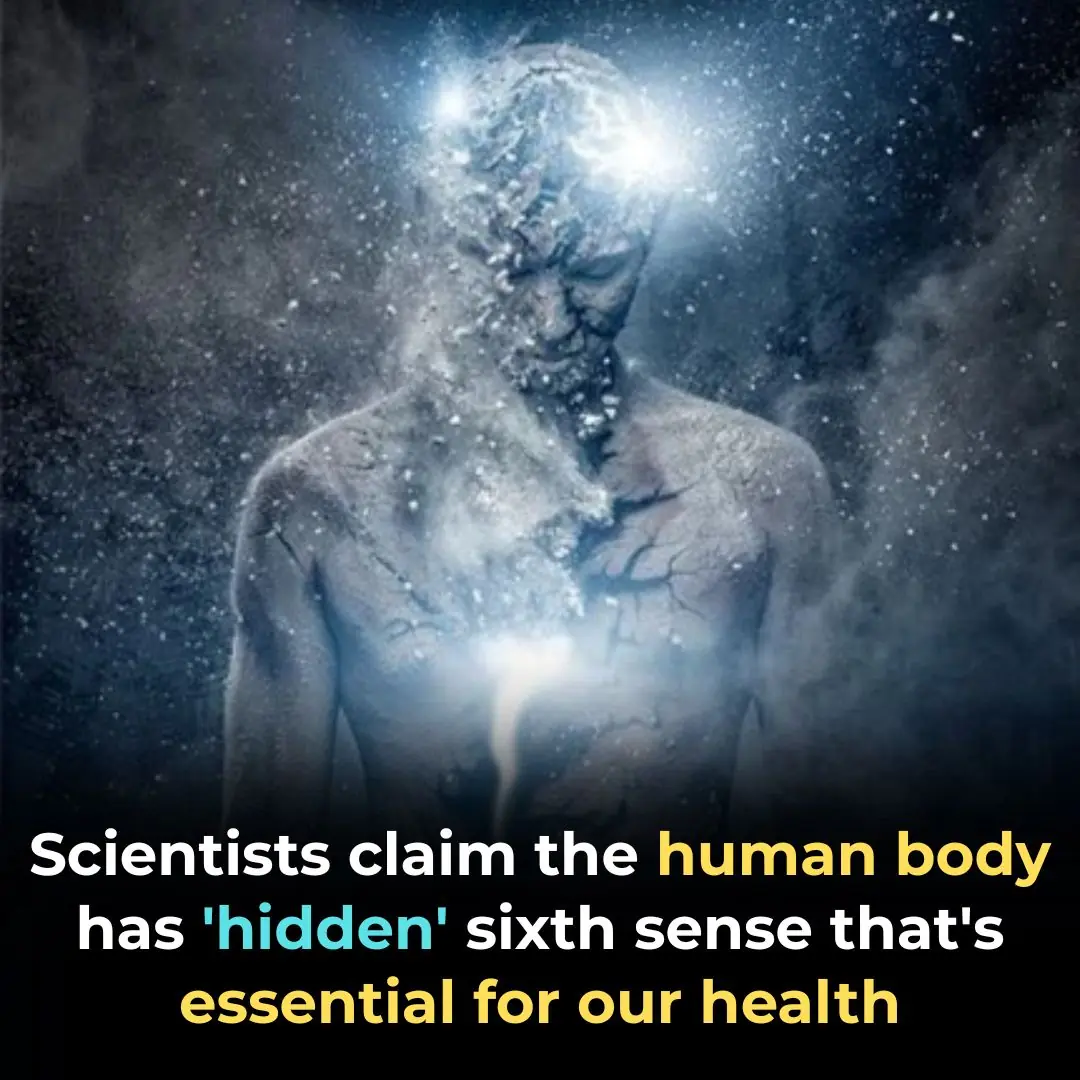
Scientists Reveal Interoception, the Amazing Sixth Sense of Humans

DoorDash Steps Up: Free Deliveries for SNAP Recipients as Federal Assistance Nears Collapse

Trump Blasts TIME Magazine for Unflattering Cover Photo
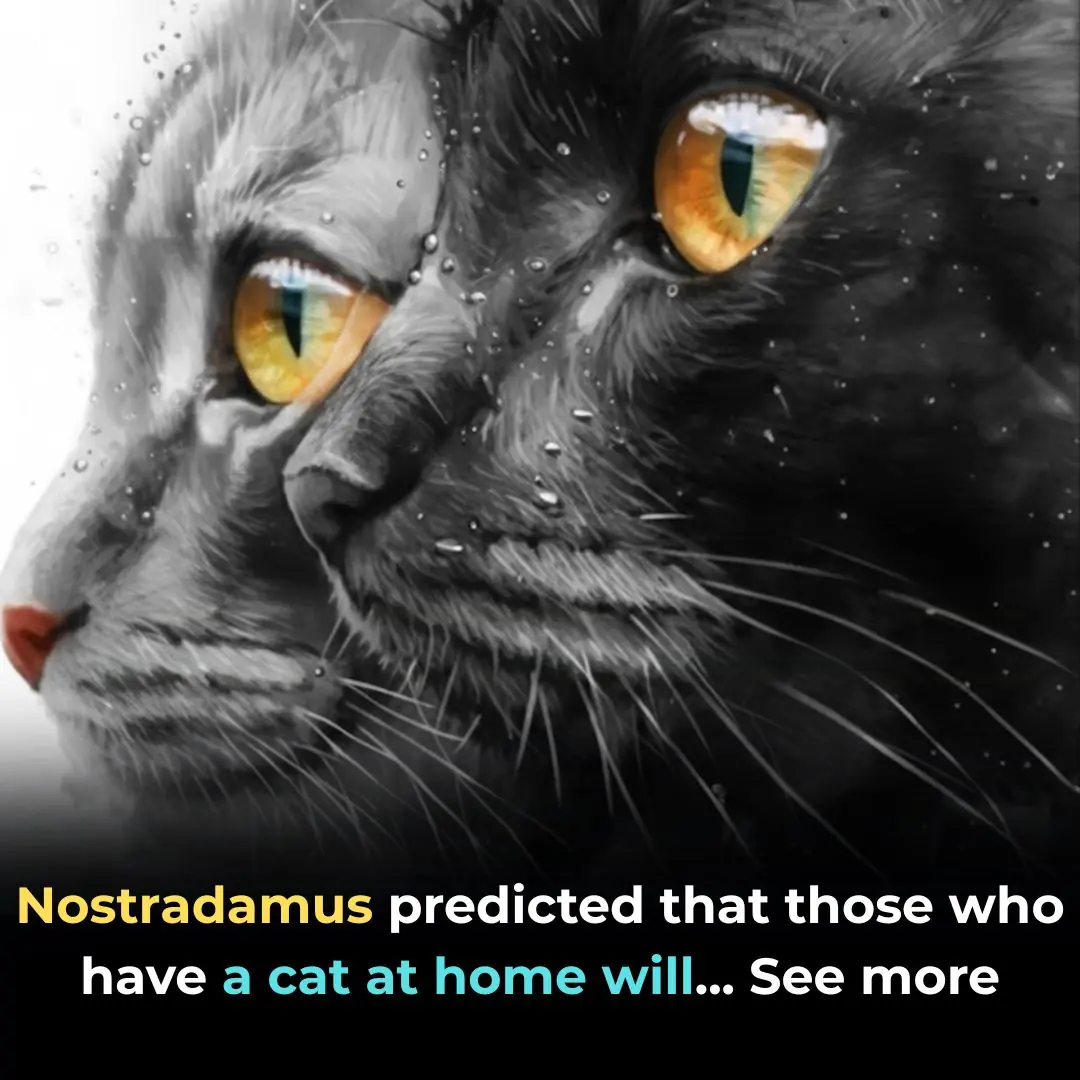
Nostradamus’s Predictions About Cats In The Home

Here’s Why Many Couples Start Sleeping In Separate Beds After 50

Conveniently keep these 3 things under the bed, no wonder the family is in chaos, has many difficulties, and still works hard

5 Phrases That Indicate a Man is About to Leave His Wife for Another Woman
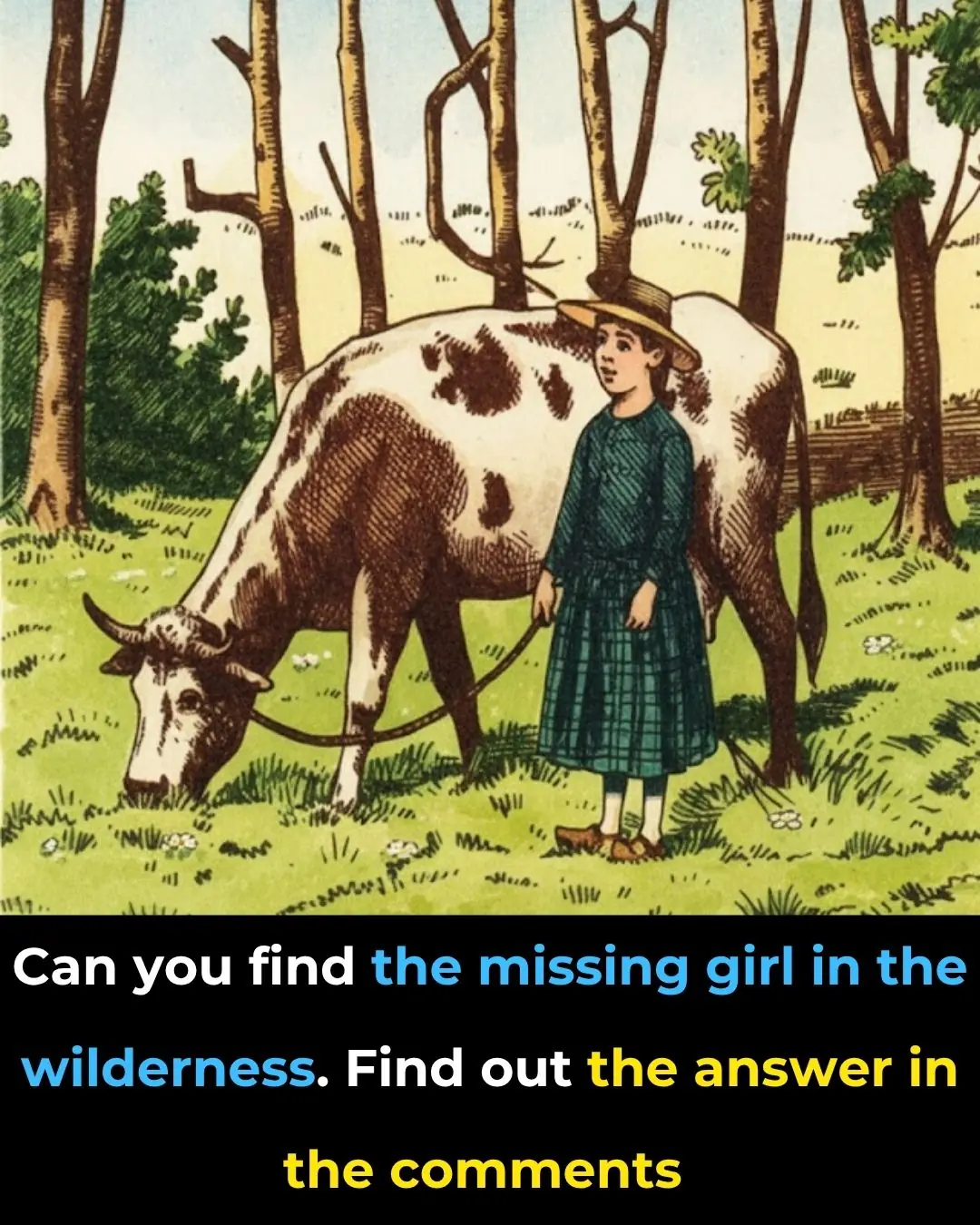
Can You Find The Missing Girl in the Wilderness

Why You Keep Your Room Messy According to Psychology

New Research Upends 10,000-Step Rule for Older Adults

How Science Reveals the Hidden Power of the Brain to Heal from Emotional Trauma

Can you spot the hidden dog? Only people with eagle eyesight can!
News Post

Neuroscientist reveals the 500-calorie “fast” that doubles autophagy and resets your metabolism in just 3 days

Fuming Frankie Bridge on row with husband Wayne over her appearance

Eat Celery Regularly for a Healthier Digestive System and Lower Blood Sugar Levels

Pineapple And Turmeric Drink Reverses Cancer-Causing Inflammation And Even Beats The Common Cold!

Strictly star James Jordan expresses concerns for Ellie Goldstein amid ‘gruelling and emotionally draining’ series

Kash Patel hits back at attacks on ‘country music sensation’ girlfriend Alexis Wilkins

Diane Lane says ‘The Outsiders’ had ‘too much testosterone’ on movie set: ‘It was hot!’

Most People Get This Wrong: The Right Way to Read ‘Best By’ or ‘Best Before’ Dates

Sydney Sweeney confronts ex-fiancé Jonathan Davino in tense, late-night exchange: ‘Leave me alone!’

Ariana Grande opens up on 'toughest struggle' that only Taylor Swift understands
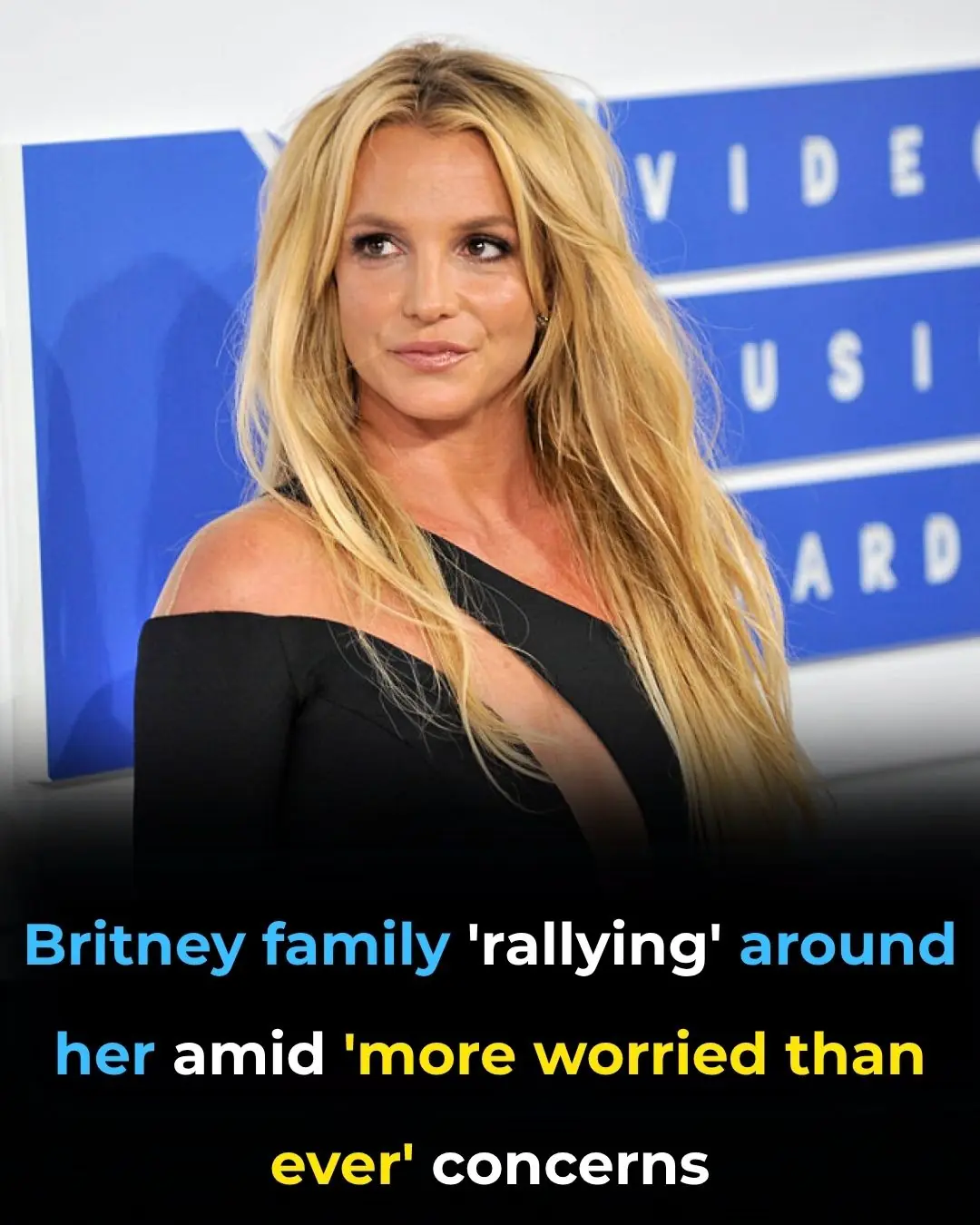
Britney Spears family 'rallying' around her amid 'more worried than ever' concerns
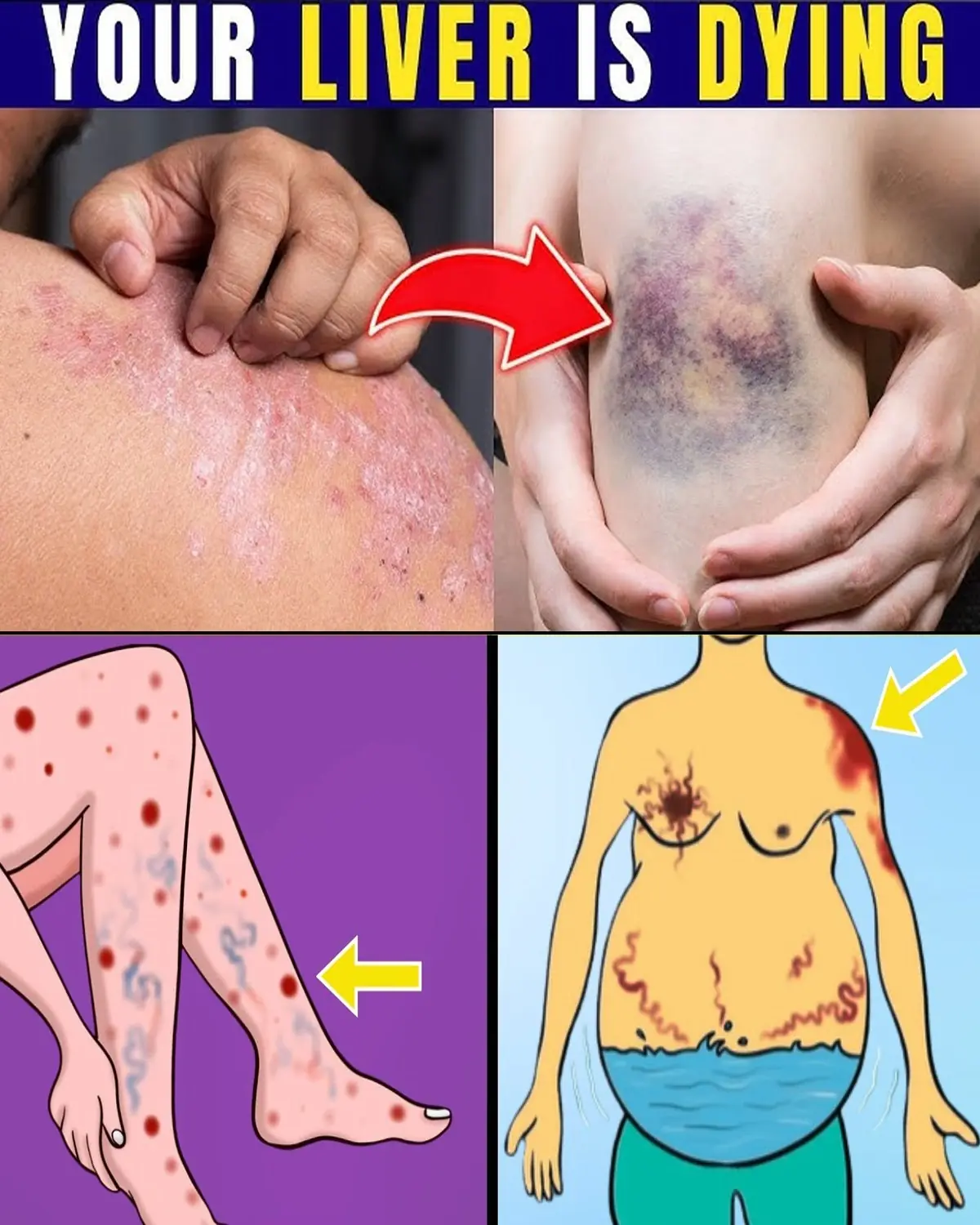
Warning: 12 Weird Signs That Show You’re Having Liver Damage

Strictly star Amy Dowden's 'life changed forever' after terrifying realisation in cancer battle

Why many experts advise against sleeping with window open

5 ways to quickly and cleanly sweep away cobwebs, preventing them from coming back

Top 3 Vitamins for Hip Arthritis
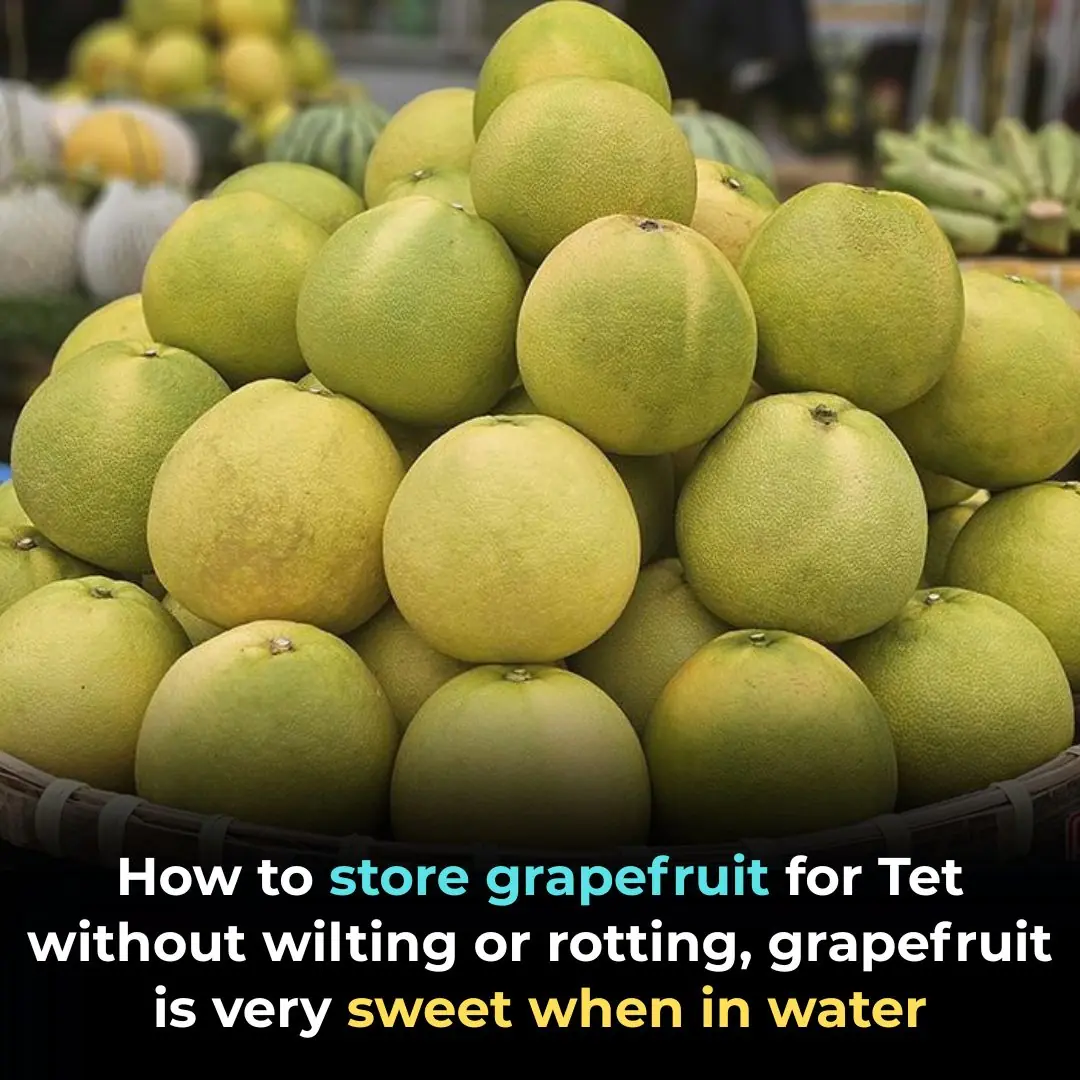
How to store grapefruit for Tet without wilting or rotting, grapefruit is very sweet when in water
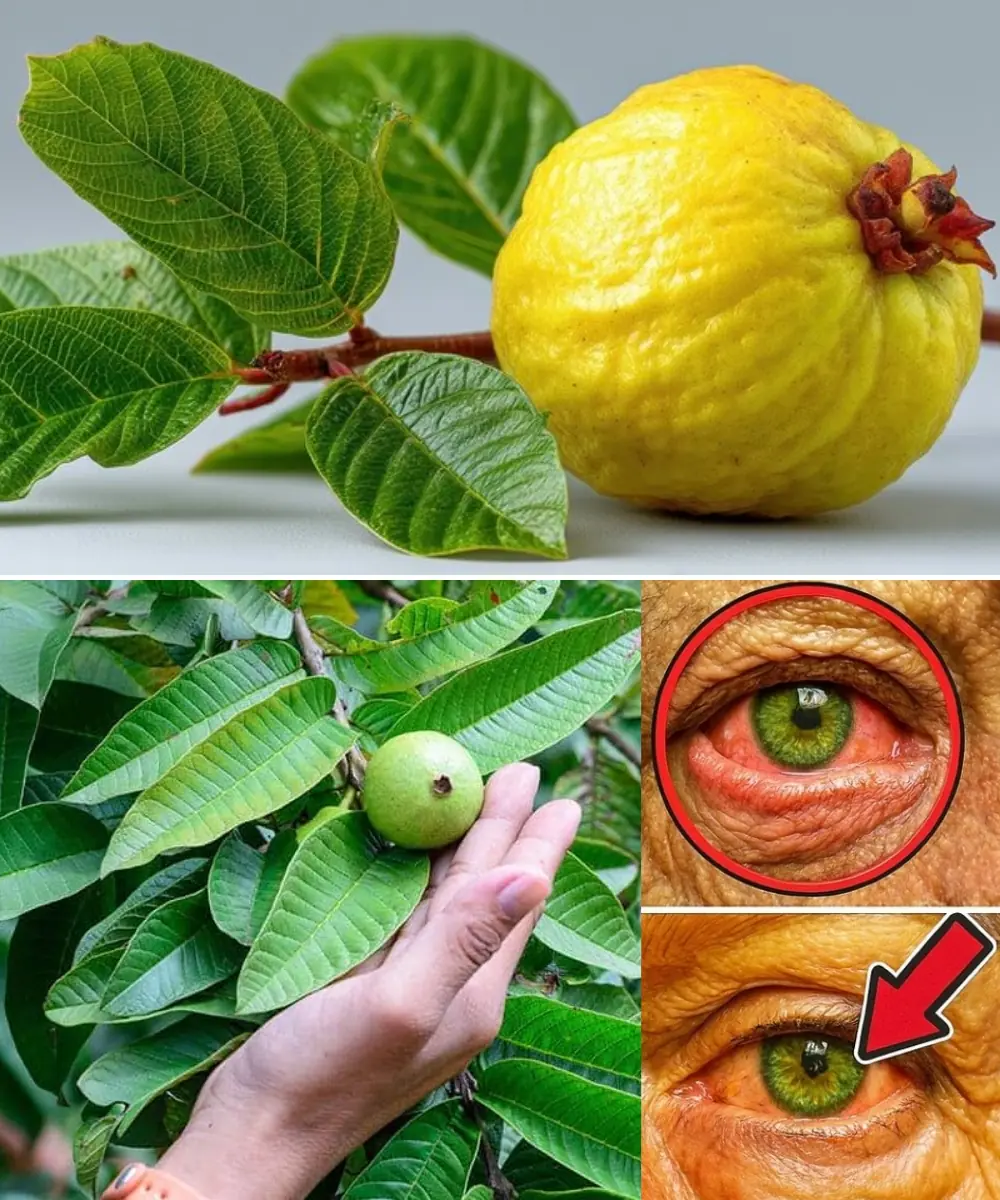
How to Use Guava to Care for Your Eyes: Natural Remedies That Surprise 🌿

Tips to make boiled banh chung cook quickly and stay green naturally
